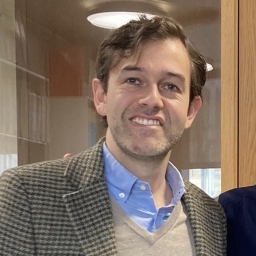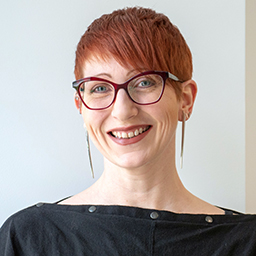In September 2025, the Migration and Refugee Studies Research Network at Oxford Brookes University, is holding its second online Summer School in Migration and Refugee Studies.
The Summer School lasts two weeks, from 1st to 12th September 2025, and is delivered online only. Attendance is free.
The course is transdisciplinary, relying on the interdisciplinary strength in migration and refugee studies at Oxford Brookes University, backed up by selected external specialists.


